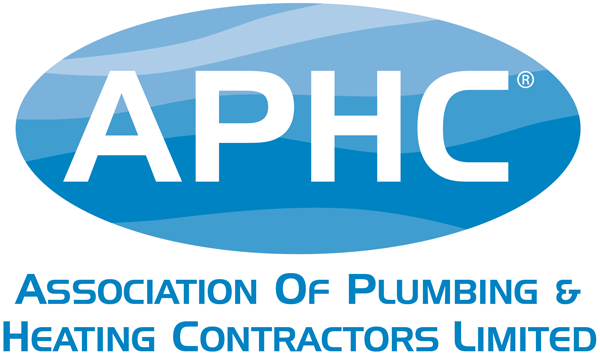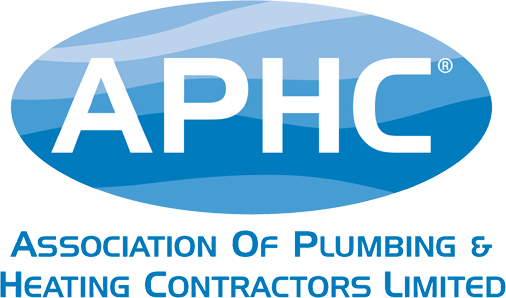The importance of Fairness, Inclusion and Respect
As businesses look to drive progress on workplace diversity, buyers and suppliers should be prepared to evidence their competence around Fairness, Inclusion and Respect (FIR). Alex Minett, Head of Products and Markets at CHAS, offers guidance on bringing FIR processes in line with industry best practice.
Why FIR matters
Embracing Diversity & Inclusion is not only the right thing to do, according to Diversity wins: How inclusion matters , diverse businesses thrive. The latest McKinsey & Company diversity report says data from 15 countries and over 1000 large companies shows the most diverse companies are more likely to outperform less diverse peers.
It’s little wonder then that many organisations are looking to improve performance in this area and latest research from the Chartered Institute of Building (CIOB) on diversity and inclusion in construction suggests not before time. The CIOB report shows in 2019 the workforce was made up of just 5-7% BAME employees and 12% female employees. The report also highlighted that fewer than ever 16-24-year-olds are entering the industry.
With demands for construction work on an upward trajectory, an ageing workforce, and an unprecedented national skills shortage, the ability to attract new workers and retain existing talent is now more vital than ever.
Business benefits
Building on the evidence in the McKinsey report, enhanced business performance linked to diversity and inclusion is evident in several areas. An employer renowned for equality and respect for its employees will almost certainly have an advantage in a hotly-contested recruitment market.
Moreover, a valued workforce leads to increased employee engagement which goes hand in hand with better productivity, allowing innovation and collaboration to flourish, all of which enhance business reputation and improve financial returns.
How to achieve FIR
Creating a culture of FIR begins with good leadership and a clear vision. A specific FIR strategy should offer a set of core company values on workplace equality and pave the way for actions to ensure all employees feel heard and respected. This could mean introducing initiatives such as FIR training to existing staff and new starters, exploring flexible working proposals or committing to publishing gender pay reports.
A company that routinely tracks and reports on its inclusion data, such as diversity recruitment, both internally and externally, shows it is taking a robust approach to its FIR responsibilities, particularly when combined with KPIs and actions for improvement. Reaching out to minority groups for recruitment or collaboration also demonstrates a proactive focus on diversity.
FIR policies and procedures could benefit from being developed with employee feedback, for example, through staff engagement surveys. At the same time, staff wellbeing schemes are crucial to supporting staff health and retention. Toolbox talks, FIR steering groups, and FIR champions or ambassadors are all important for driving a FIR agenda. It’s increasingly common to see Heads of Equality, Diversity and Inclusion being recruited to HR teams across the industry.
Driving industry best-practice
Where once showing a commitment to Fairness, Inclusion & Respect may have been enough, clients are increasingly looking for assurances that contractors are embedding Fairness, Inclusion & Respect in line with industry best practice. In response, CHAS, the recognised experts in providing third party accreditation, have partnered with the Supply Chain Sustainability School (SCSS), a built environment collaboration dedicated to upskilling those working within, or aspiring to work within, the built environment sector. Together they have developed the Fairness, Inclusion & Respect Growth Assessment to offer an accredited evidence-based assessment that offers third-party assurance that Fairness, Inclusion & Respect is being embedded effectively. The assessment involves a range of online questions and in-person interviews designed to ensure companies are developing a culture of Fairness, Inclusion & Respect.
What does the assessment focus on?
The CHAS Fairness, Inclusion & Respect assessment looks at the following five key topics:
- Commitment – the importance of strategy, leadership and governance in a Fairness, Inclusion & Respect culture
- Employment – how a company incorporates Fairness, Inclusion & Respect when attracting and recruiting people, as well as their development
- Working practices – policies and procedures that promote a strong working culture
- Site environment – how sites are set up for everyone’s needs and offer an environment where a culture of Fairness, Inclusion & Respect can thrive
- Supply chain – how the development of a Fairness, Inclusion & Respect culture can be cascaded down to suppliers
What evidence needs to be provided?
In the first instance, the assessment requests evidence of how an organisation complies with their legal obligations relating to the key topics. For example, any policies or procedures that meet equality legislation (working practices) or Public Liability Insurance Certificates (site environment).
The assessment then looks for evidence of good practice. This could be company reports of diversity and inclusion data (commitment) or the appointment of Fairness, Inclusion & Respect ambassadors who deliver toolbox talks (site environment).
What are examples of best practice?
The assessment offers guidelines on developing and embedding the key topics of the Fairness, Inclusion & Respect framework. Examples could include organisational data that shows how diverse recruitment is tracked (FIR employment) or a demonstration of what proactive measures have been taken to reach out to minority-owned businesses to promote supplier diversity across the industry (supply chain).
Conclusion
Industry is making great progress in becoming more diverse, but there is still work to be done. This new accreditation will enable businesses to move from showing they are committed to Fairness, Inclusion & Respect to proving they are making progress which will help to promote a fairer, more inclusive and respectful industry which is better for all.
To find out more about becoming Fairness, Inclusion & Respect accredited, call CHAS today on 0345 521 9111 or visit www.chas.co.uk




